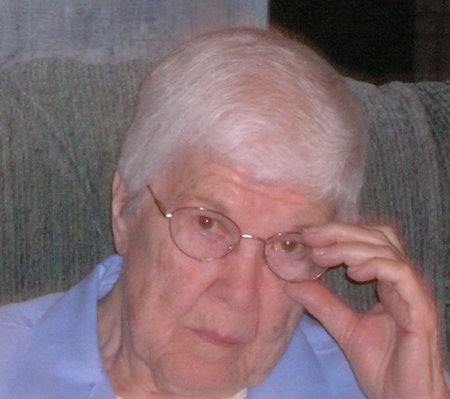Those of you who have spent any time in Charlottesville sooner or later will have come across our monthly free-distribution paper The Echo, founded a couple of decades ago by Kim Isaacs and owned and operated for – I don’t know, 15 years? – by Jim Ward. The Echo was a quirky mixture of local and metaphysical, and there was nothing else like it anywhere around.
Jim recently sold the paper so he could re-retire. Echo is now called The Echo World, and it is edited and published by the very talented husband-and-wife team of Michael Langevin and Sofia Axelsson. Michael, a transplant from California, published Magical Blend magazine for 30 years, and is the author of three books, one of which was published by Hampton Roads. Sofia came to us from just as far away, but in the opposite direction. She was born and raised in Sweden, and has published two books there. (They are in Swedish, but she is fluently bilingual.)
(So you ask, How do Sweden and California meet? They travel, separately, to Peru, of course. But that’s another story.)
You don’t have to be here to read it, if you have access to a computer. (And if you don’t have access to a computer, how are you reading this?) Click here to see the digital version: www.theechoworld.com
Naturally you will want to turn immediately to page 13. I say no more.
